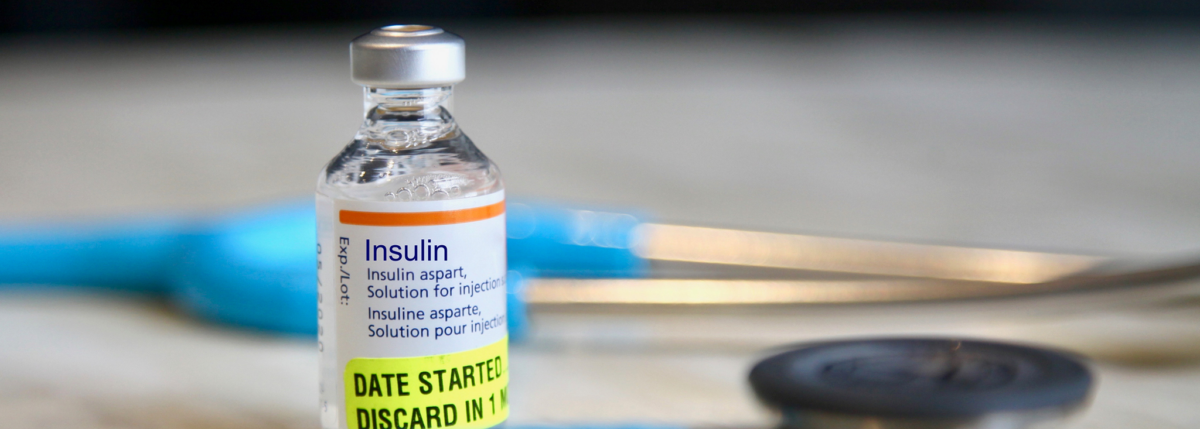Do I Need Insulin?
The amount of insulin produced by your pancreas is limited. Imagine that you have a sponge full of water and that as time goes by you lose fluid. After some time we will have to “squeeze” that sponge to get the water you need. At some point, that sponge will dry. Now, imagine that the sponge is your pancreas and the water it contains is your insulin.
In type 1 diabetes, it is as if this “sponge” was placed for a long time under the summer sun. In a matter of a few hours, the sponge would be completely dry. In this condition, there is a total lack of insulin and that is why the use of exogenous insulin is necessary immediately after the diagnosis in order to perform the basic functions of the body. In short, we need insulin to survive.
When living with type 2 diabetes, oral medications are used to “squeeze” that sponge as much as possible and therefore stimulate insulin production.
Who needs to take insulin?
Not everyone with diabetes needs to take insulin. People with type 1 diabetes absolutely need it because their bodies can’t make their own. People with type 2 diabetes or latent autoimmune diabetes in adults (LADA) diabetes may need insulin depending on the severity and progression of their disease. However with type 2 diabetes, metformin is prescribed as the first intervention after diagnosis. In any case, C-peptide tests are used to determine the type of diabetes. This test can even help identify insulin resistance so our healthcare team can establish the best treatment for our diabetes management.
What is C-peptide and what is the C-peptide test?
C-peptide is a substance that is made in the pancreas with insulin and released at the same time as insulin. C-peptide tests are used to see how much insulin is being produced. A test that shows little to no C-peptides while having high blood glucose levels indicates that there is a deficiency in insulin production or that it is not being produced. This indicates type 1 diabetes. A high level indicates that the pancreas is producing more insulin than normal to keep blood glucose at adequate levels—an indicator of type 2 diabetes.
When should I get tested?
If your blood sugar is elevated even if you’re following your diet plan, managing stress, exercising regularly and taking medication as prescribed, it’s time to go see your doctor. Note any changes you might’ve made in your life that could’ve had an adverse effect on your blood sugar. If necessary, you may want to go see an endocrinologist. An endocrinologist is a specialist of metabolic disorders and can give you insight into the progression of your diabetes that you may not be able to receive by your primary care physician/general practitioner.
Knowledge is power
Being knowledgeable about how your diabetes regimen is working gives you and your doctor the power to catch any issues early and make the appropriate adjustments. Always go to your doctor prepared with questions and research. You’re the number one person on your healthcare team. All of which can result improve your quality of life and reduce the likelihood of developing complications.





